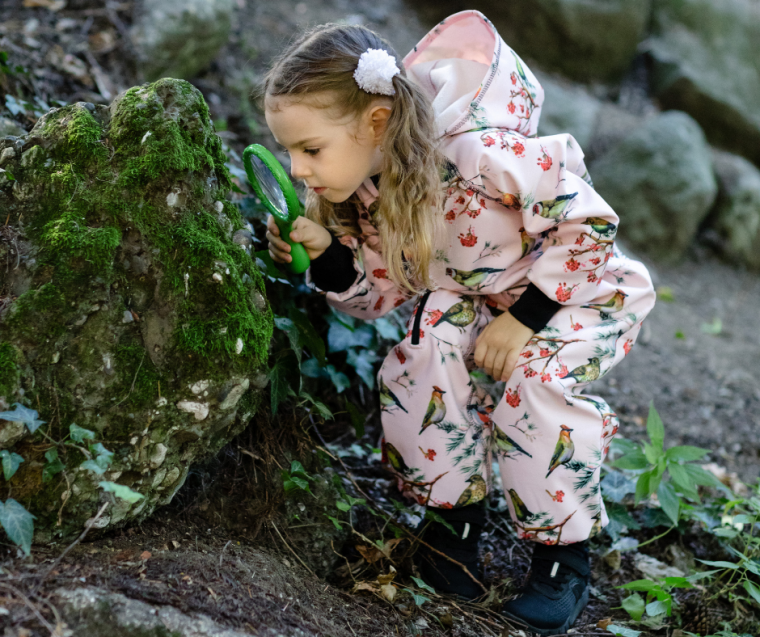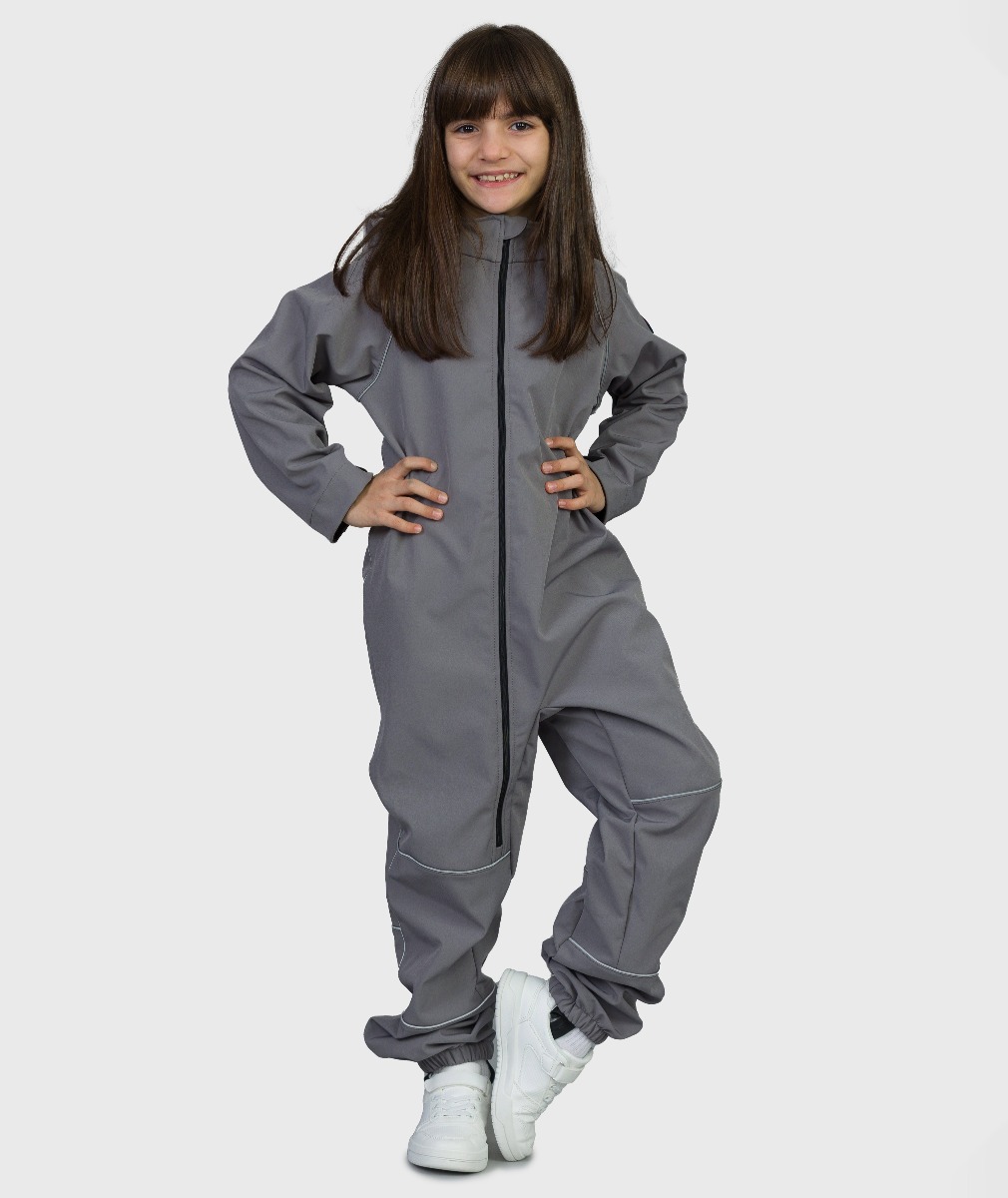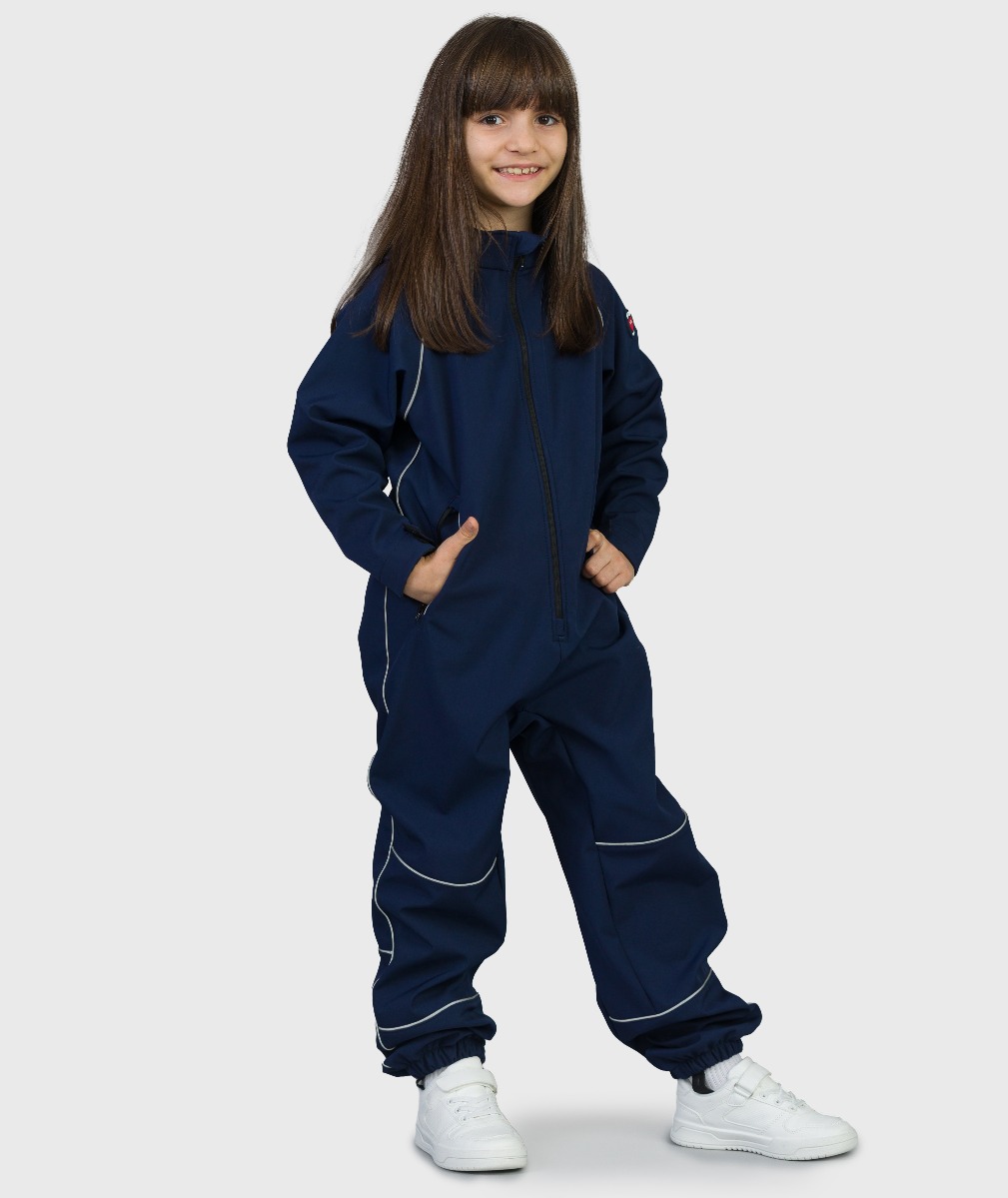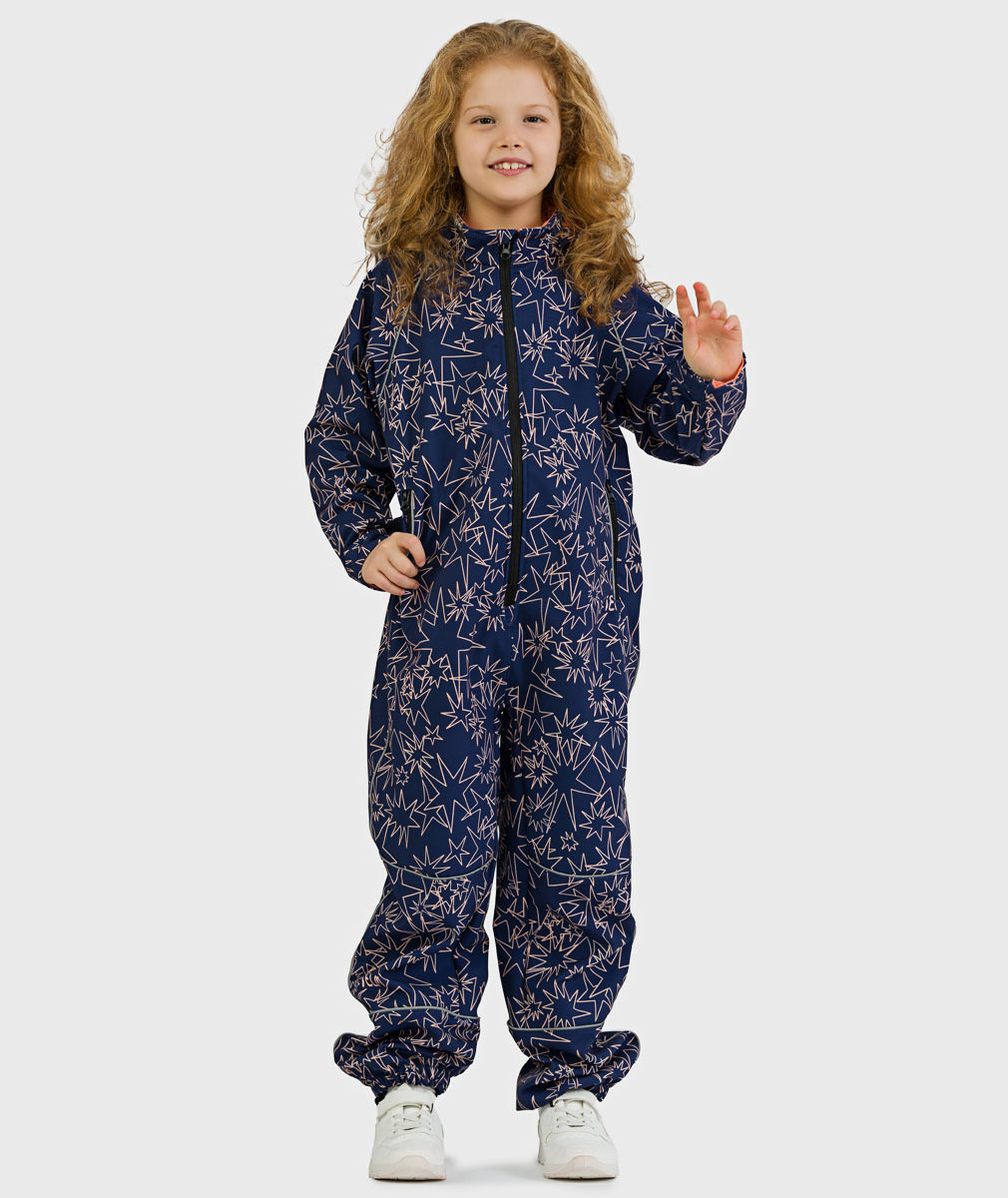Usually, when we watch a child playing we only see a relaxing and fun activity. It is, most certainly, the case, but play also has a very important role in your child’s development. While playing, your little one acquires vital life skills.
Why is play so important?
Through play, your child explores the surroundings, the relationships between people, and practices through imitation a series of actions that adults do. To raise a balanced and socially adjusted child, it is very important to allow him to have as much free, unstructured playtime as possible, especially during preschool years.
The physical benefits of play

Playing, running, cycling help kids use up their energy. They also teach them to coordinate their bodies, assess risks, and better understand more abstract concepts such as anticipating the outcome of an action. To enjoy the benefits of play, kids need to wear comfy clothes that allow free movement. Forget about jeans, fancy dresses, or elegant shoes. Choose comfortable and functional children’s clothes.
From a biological point of view, the human being needs physical stimulation, from the earliest age, to develop properly.
The vestibular system is the one that helps us maintain our balance and supports spatial awareness. It develops when exposed to a wide variety of body movements, at various speeds and amplitudes. These are the movements that happen during play: runs, jumps, climbs, somersaults, and tumbles. To the viewer, it may seem exhausting, but for the little one, such games play an essential role in the development of their vestibular system.

Nowadays, children spend a lot of time sitting down – either watching cartoons on a tablet or TV, or on school or kindergarten benches. Studies have shown a link between the lack of exercise and the problems of school-age balance.
Lack of physical activity affects the development of the vestibular system as well as the general physical endurance of children.
The restlessness of schoolchildren, often misdiagnosed as ADHD, is rather explained by the lack of physical stimulation. In a world that focuses on early academic achievements, it seems that we forgot how the human body develops.
The social benefits of play

Animal cubs, as soon as they can walk, spend most of their time playing. Thus they learn to cooperate, to tolerate each other, and to build social hierarchies. They test their speed of reaction, attention, and coordination. The human baby needs to learn the same things that will guide him in future social interactions.
Decades ago, children played without the close supervision of adults. The time spent at school was shorter and extracurricular activities were almost non-existent. Each of us remembers the carefree days of playing with the gang of children from the neighborhood.
Besides the beautiful memories, each of us learned in those days of freedom how to behave with each other. We negotiated who the goalkeeper is, we learned how to resolve a conflict on our own and when to ask for help.
During free play, your child has complete control over his life and can make his own decisions. To become balanced and independent adults, children need many opportunities to practice these skills.

We all want to give children the best start in life. The educational activities are not the only ones that can provide the tools needed for adult life. Free play is as important as school and preschool activities.
Arrange your children’s schedule so that they spend at least 2 hours a day outside to play. Rank this time over educational activities, at least in the first years of life. Use comfortable clothes and let them explore, climb and get dirty.
How do you manage to give your little one enough time to play?











